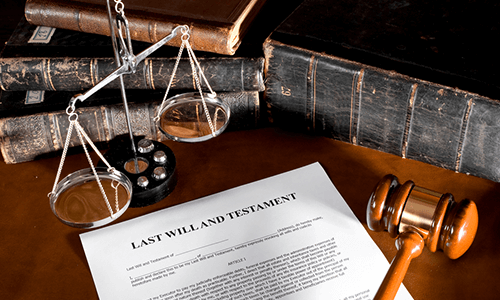Juvenile
What is Juvenile Law?
Juvenile law is an area of law that refers to minors or individuals who have not reached the age of adulthood. This applies to young adults who are old enough to be held accountable for criminal acts. While the age of minority varies in each state, individuals under the age of 18 are considered to be minors. In some states, the age of a minor is much lower at 16 or 17. After the individual reaches the maximum age of that state’s age requirement, he or she can be charged as an adult following a criminal offense.
Why Do We Have Juvenile Law?
Juvenile law was established by policy makers and the courts in order to prosecute minors with less strict penalties than adults. In our area, the Juvenile Court also handles cases involving custody disputes between non-married parents and between parents versus non-parents, such as in cases of child abuse and neglect.
Proceedings for Juvenile Cases
Proceedings for juvenile cases are similar to those for an adult but are considered to be less formal and will not have a jury present. Outside of the courts, the same constitutional rights stand for both minors and adults but it is within the walls of a courtroom where the rights differ. For example, minors convicted of a crime do not have the right to bail or a public trial. Juvenile offenders also do not have the right to have a trial by a jury of their peers and in most cases, the hearings will be heard by a judge.
Penalties Issued for Juveniles
If a conviction is handed down to a minor following a proceeding, the penalty for the criminal offense will be significantly less severe. In most cases, the offender will more than likely serve his or her sentence in a juvenile facility as opposed to spending time in jail. Juveniles will likely receive some form of rehabilitation support through counseling or community service. If the minor is a first-time offender, offenses such as possession of alcohol or shoplifting could be dismissed by the state’s attorney. The juvenile must display a course of good behavior for a period of time in order for this to occur. While alternative options are available instead of jail time, the offense will be on the minor’s criminal record which could affect employment, military service and other opportunities.
In rare cases, a minor under the age of majority can be charged as an adult depending on the nature of the crime. Minors who commit homicide or criminal sexual misconduct have the possibility of being charged as an adult. The prosecutor presiding over the case is normally decides whether the minor should be charged as an adult.
Who to Contact for Juvenile Cases
While the courts enforce the laws for minors and adults differently, all juveniles have the right to receive counsel for his or her case. Criminal attorneys are commonly known to oversee juvenile cases but those who practice in other areas of law may also handle the proceedings. Alison Baxter Herlihy, P.C. with Herlihy Family Law has several years of helping minors and their families navigate the judicial system.


